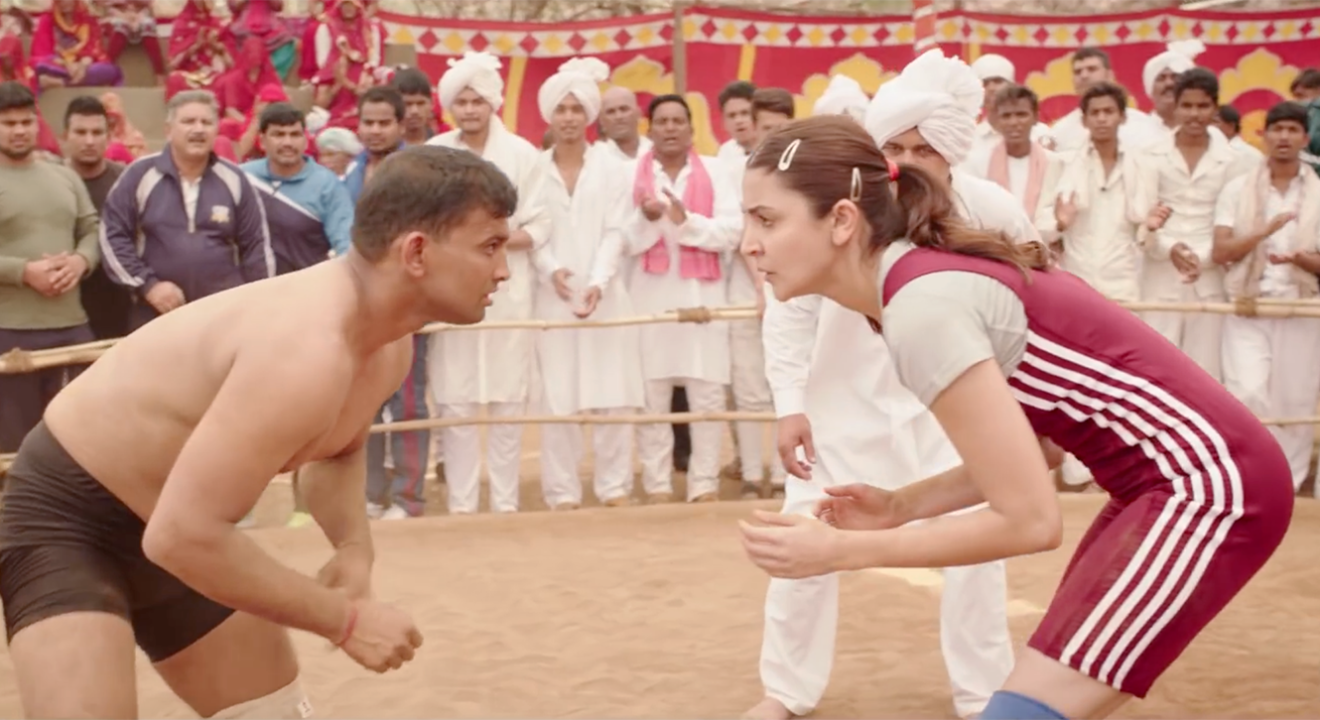Entertainment April 14, 2017
These Indian films are failing to see a female point of view.


Hooray for Bollywood? We don’t think so. India’s Hindi language film industry is failing to embrace feminism.
It’s true that recent hit films there have taken a step forward by celebrating women of achievement. But those same stories have been told from the point of view of the male characters – who end up as the ones truly celebrated at the end.
One such example is “Gandal,” which told the true story of the first woman from India to qualify for the Olympics in wrestling. But the movie gives all the credit for that achievement to her father for pushing her towards the sport.
Another is “Sultan,” which is about husband and wife athletes. That one sees the wife giving up her own sporting ambitions to become pregnant and instead cheer for her husband’s success.
The list goes on. “Pink” is a legal drama about three women who get sexually harassed and need a male lawyer to help them win justice and stop being so emotional.
All three films were directed by men based on scripts written by men. Therein lies the problem.
In Bollywood, just like in Hollywood, women are underrepresented behind the scenes with very few scriptwriters and directors responsible for the movies that are made.
Indian cultural commentator Laya Maheshwari has seen enough. He has written an impassioned editorial for the Washington Post blasting Bollywood for failing to bring feminism to the masses.
“With a potential audience of hundreds of millions of people, Bollywood should use its influence to make sure that viewers are hearing women’s stories in women’s words,” writes Maheshwari.
Bollywood, which derives its name from a combination of Hollywood and Bombay, the former name for Mumbai, is one of the biggest film industries in the world. As a result, it has a major influence over shaping cultural perceptions in India. For many men in the country, what they see in these movies shapes their mindset towards women.
But as much an India continues to modernize, Bollywood films have been slow to inspire social change or female empowerment.
Hope for the future comes in the form of female directors like Ashwini Iyer Tiwari. She won critical acclaim for creating positive female role models and honestly reflecting women’s thoughts and feelings with her 2016 film “Nil Battey Sannata,” about a rebellious daughter.
Other female writers and directors are starting to make an impact in Bollywood. But they need to be hired for the bigger projects to connect with a wider audience which is being starved of stories told by women.
As Laya Maheshwari writes, “There’s no need to refract women’s stories and experiences through male creators. Often, doing so fails to honestly reflect women’s interior lives and agency, which makes for underwhelming drama.”